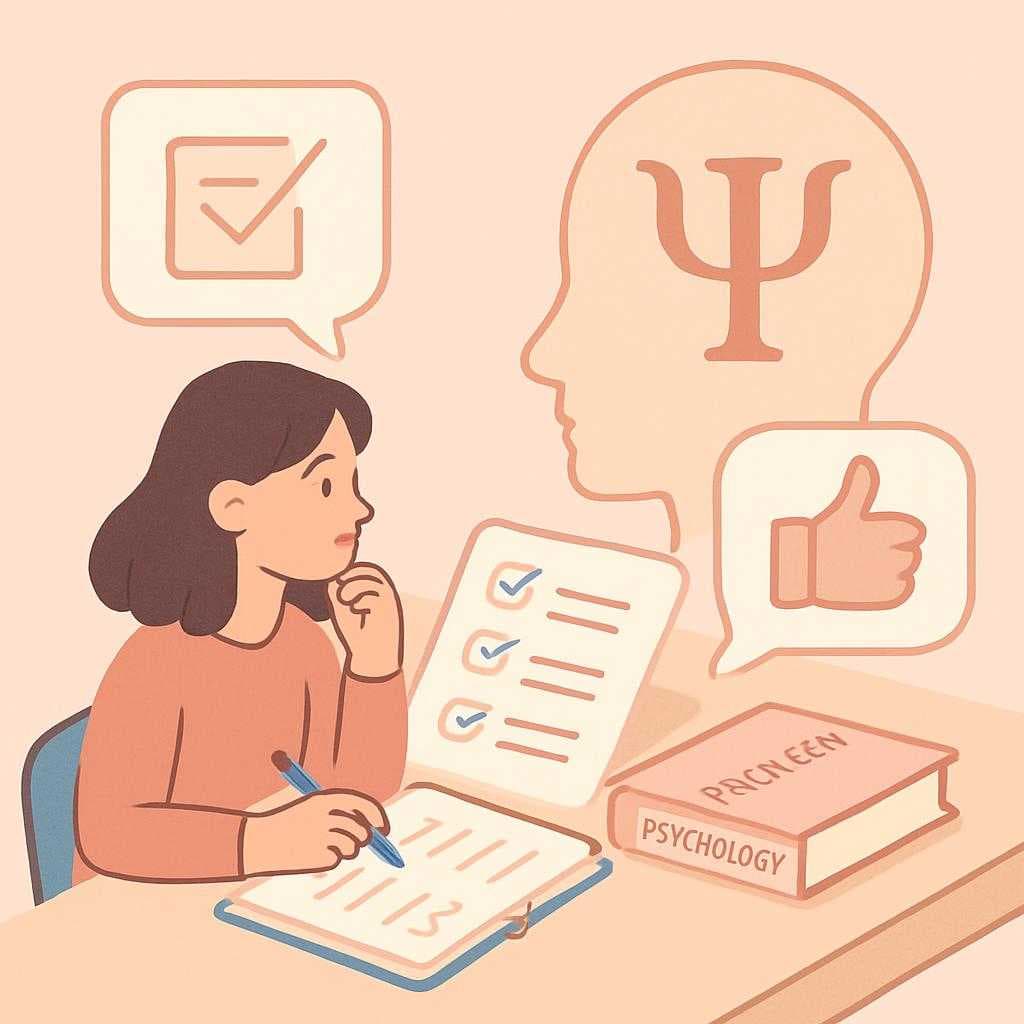The Secret to GCSE Psychology Success: Mastering Evaluation Skills
Summary: Unlock your potential in GCSE Psychology by mastering evaluation skills crucial for AQA, Edexcel, and OCR exams. Learn how to critically analyze psychological theories and studies to excel in your exams.
Studying psychology at the GCSE level in the UK offers a fascinating glimpse into the human mind's complexities. For students navigating the AQA, Edexcel, and OCR exam boards, understanding evaluation skills is pivotal in standing out and achieving top grades. Developing these skills not only helps in exams but also nurtures a critical mindset that is invaluable in broader academic pursuits and everyday life.
Why Evaluation Skills Matter
In GCSE Psychology, particularly with AQA, Edexcel, and OCR, evaluation skills are crucial for higher-level answers. These skills involve critically analyzing the strengths and weaknesses of psychological theories and studies. By effectively evaluating, students demonstrate a deeper understanding of the subject, showcasing their ability to think beyond rote memorization.
Breaking Down Evaluation
To master evaluation, focus on two main components: strengths and limitations. When addressing strengths, consider the reliability, validity, and applicability of the studies or theories. For example, a strength of a laboratory experiment could be its high control over variables, which increases reliability.
On the other hand, limitations might include ethical concerns, lack of ecological validity, or cultural bias. For instance, while a study may have high internal validity, its artificial setting might limit real-world application.
Applying Evaluation Skills in Exams
-
Structure Your Answers: Start with a clear statement of the theory or study you're evaluating. Follow with a balanced assessment of its strengths and limitations. Conclude with a summary that reflects your overall evaluation.
-
Use Evidence: Support your evaluations with evidence from studies or real-life examples. This not only strengthens your argument but also shows your grasp of the subject matter.
-
Critical Thinking: Challenge assumptions and consider alternative explanations. For example, while discussing Bandura's Social Learning Theory, question whether all observed behaviors are due to imitation or if other factors might be involved.
Tailoring Your Approach for AQA, Edexcel, and OCR
Each exam board may emphasize different aspects of evaluation. AQA might focus on critical thinking, whereas Edexcel could emphasize application and analysis. OCR might require a more comprehensive evaluation, integrating different perspectives. Familiarize yourself with the specific requirements of your exam board to tailor your answers effectively.
Conclusion
Mastering evaluation skills is an essential step toward excelling in GCSE Psychology. By honing your ability to critically analyze and assess psychological theories and studies, you’ll be well-prepared for exams with AQA, Edexcel, and OCR. As you develop these skills, you'll not only enhance your exam performance but also cultivate a critical mindset that will serve you well beyond your GCSEs. Embrace the challenge and unlock your potential in the captivating world of psychology!
